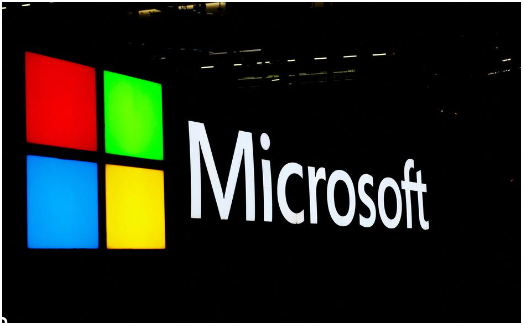Microsoft Globally Launches Standalone Teams Solution Post Antitrust Review
Microsoft Expands Teams Globally Post-Antitrust Scrutiny
Microsoft has made a significant decision to expand its unbundling policy globally, separating its Teams platform from the widely-used Office suite. This move, announced by the company on Monday, marks an extension of a strategy initially implemented in Europe in October of the previous year. The rationale behind this expansion is rooted in addressing antitrust concerns raised by the European Commission, which launched an investigation into Microsoft’s market practices.
The investigation was triggered by suspicions that Microsoft was leveraging its dominant market position by bundling its software together, potentially stifling competition. In response to these concerns, Microsoft took proactive steps to separate Teams from its Microsoft 365 and Office 365 suites in the European Economic Area and Switzerland starting from October 1st. Now, with the decision to extend this unbundling globally, Microsoft aims to provide greater clarity and flexibility to its customers worldwide.

A spokesperson for Microsoft emphasized the company’s commitment to transparency and responsiveness to regulatory feedback. By unbundling Teams from its suite offerings, Microsoft not only addresses the European Commission’s concerns but also grants multinational companies more leeway in standardizing their procurement processes across different regions. This move reflects Microsoft’s dedication to fostering a competitive environment while meeting the diverse needs of its global clientele.
Teams, a versatile platform facilitating communication through messages, video calls, and file sharing, has seen a surge in popularity, particularly during the COVID-19 pandemic. With remote work becoming more prevalent, Teams has become an indispensable tool for remote collaboration and maintaining connectivity among dispersed teams. By decoupling Teams from its suite packages, Microsoft acknowledges the growing significance of this platform and aims to offer customers greater flexibility in tailoring their software solutions to meet evolving workplace dynamics.
The impetus for the European Commission’s scrutiny stemmed from a complaint filed by Slack, a US-based startup and direct competitor to Teams, which was subsequently acquired by Salesforce. The commission expressed concerns not only about potential anticompetitive behavior but also about Microsoft’s practices regarding interoperability with rival products. This underscores the broader regulatory landscape in which tech companies operate, where issues of market dominance and fair competition are closely monitored and scrutinized.
it’s decision to unbundle Teams globally represents a proactive approach to regulatory compliance and market responsiveness. By preemptively addressing antitrust concerns and adapting its business practices accordingly, Microsoft demonstrates its commitment to upholding fair competition and fostering innovation within the technology sector. Moreover, this move aligns with broader trends towards greater consumer choice and flexibility in software procurement, empowering organizations to select the solutions that best meet their needs without being tied to bundled offerings.
Looking ahead, it’s unbundling of Teams sets a precedent for other tech companies, highlighting the importance of proactive engagement with regulatory authorities and a commitment to fair competition. As digital transformation continues to reshape the business landscape, companies must navigate regulatory complexities while balancing innovation and market integrity. Microsoft’s global unbundling of Teams exemplifies a proactive and forward-thinking approach to addressing regulatory challenges and fostering a more dynamic and competitive marketplace for technology solutions.
In addition to addressing regulatory concerns, it’s decision to unbundle Teams globally carries broader implications for the future of workplace collaboration and software procurement. The COVID-19 pandemic has accelerated the adoption of remote work practices, making tools like Teams indispensable for organizations worldwide. By decoupling Teams from its suite offerings, Microsoft not only acknowledges the central role this platform plays in modern work environments but also underscores the importance of flexibility and choice for customers.
The unbundling of Teams aligns with a broader trend towards modular software solutions, where organizations can select and integrate individual tools according to their specific needs. This modular approach empowers businesses to build bespoke software ecosystems tailored to their unique workflows and requirements. By unbundling Teams, it enables organizations to leverage the platform’s capabilities without necessarily committing to its entire suite of applications, providing greater agility and cost-effectiveness in software procurement.
For the latest updates-click here.
